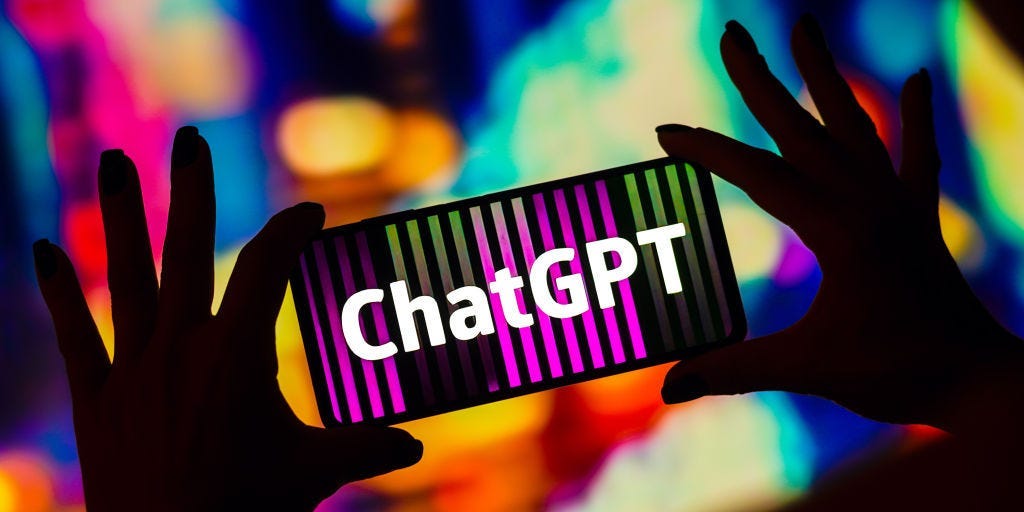SOCIAL
Despite Ban, ChatGPT Made a Fake Chinese Notice, Shocking Residents

- Chinese residents were shocked to learn that ChatGPT wrote a viral notice, per Sixth Tone.
- OpenAI’s ChatGPT is banned in China, but Chinese residents have been able to find workarounds.
- An OpenAI employee said it’s unclear how ChatGPT can respond in languages other than English.
OpenAI has banned the use of ChatGPT in China. But some Chinese residents have gotten access to the chatbot — even using it to spread misinformation.
Chinese residents across social media were shocked to learn that a notice they thought was published by the city of Hangzhou’s municipal government was actually generated by ChatGPT, Sixth Tone, a Chinese media outlet, reported.
The fake notice — which went viral on Chinese social media late last week — announced that the city of Hangzhou would end its road space rationing policy starting March 1st, according to Sixth Tone. The policy prevents cars with specific license plate numbers from accessing certain roads.
The notice reportedly included a list of three in-depth reasons for why the city is ending the policy. Per Sixth Tone, it said the policy caused a “public inconvenience,” even though it has reduced road congestion.
When the post went viral, many Chinese residents thought it was real. After all, the city lifted traffic restrictions last December and enforced them again in February, per Sixth Tone.
But a day later, a local Chinese radio station reported that the release was made by a Hangzhou resident and that changes hadn’t been made to the policy, per Sixth Tone.
Sixth Tone reported that the resident, according to the station, prompted ChatGPT to generate a “news report” about ending the road policy, took a screenshot of its responses, then shared them to a group in WeChat, a popular Chinese social media app.
He has apologized to the group since the reveal.
OpenAI did not respond to Insider’s immediate request for comment before publication.
The incident spooked many Chinese residents, some of whom went to Weibo — a Chinese social media platform — to express their concerns. One user called the news “outrageous.” Another said that the chatbot’s ability to write like a human is “really scary,” according to Sixth Tone, and it has also lead to a police investigation.
But Chinese residents aren’t the only ones scratching their heads.
Jan Lieke, OpenAI’s Alignment Team lead, expressed his confusion in a tweet on why ChatGPT — which he said is “exclusively trained on English” — is able to follow instructions that are written in other languages.
“We still don’t know why,” Lieke said. “I wish someone would figure this out.”
Like the Hangzhou resident, many people in China have been able to bypass the ChatGPT firewall that OpenAI has put in place by purchasing OpenAI accounts through e-commerce platforms for a few bucks, The Wall Street Journal reported. Virtual private networks are also being used, per the Journal.
Chinese users who have played with ChatGPT found that it can write social media posts in the style of influencers, emulate the editorial voice of particular writers, and generate lyrics of Chinese meme songs from scratch, the MIT Technology Review reported.
But earlier this week, the Chinese government reportedly started cracking down on ChatGPT usage.
Big Chinese companies like search engine Baidu are working on their own versions of the chatbot for those living in the country, CNBC reported.


















You must be logged in to post a comment Login